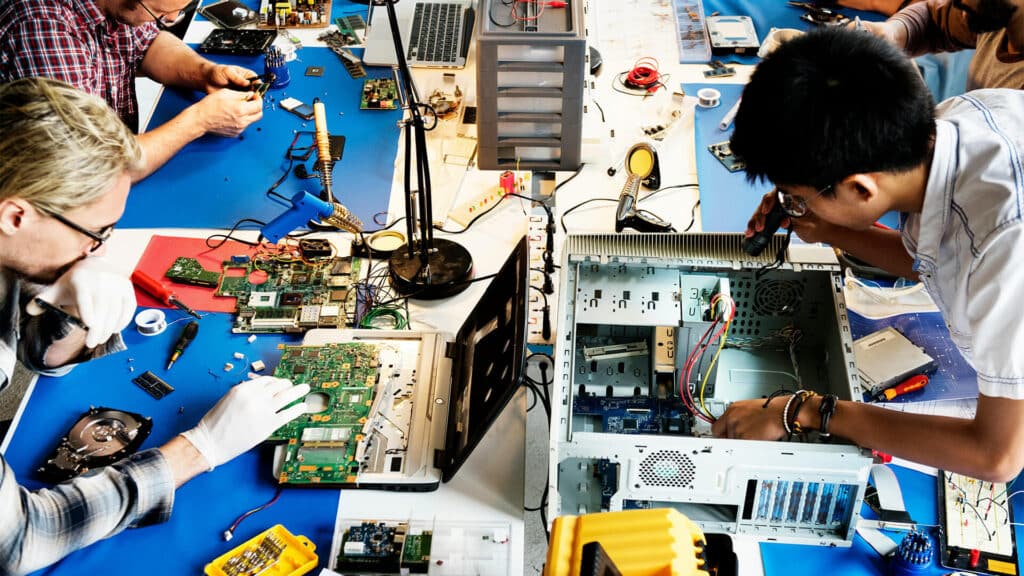Mars Inc.—the Virginia-based giant behind M&M’s, Dove, Snickers, and Twix—is turning to biotech to future-proof chocolate. The company has partnered with Durham-based startup Pairwise, tapping into its Fulcrum™ CRISPR platform to fast-track the development of climate-resilient cacao, according to Bloomberg.
Through the deal, Mars gains access to Pairwise’s CRISPR toolkit—including its proprietary SHARC enzyme and a vast library of plant traits. The goal is to tweak cacao plants with surgical precision, dialing up resistance to disease, heat, and environmental stress. In practice, that means reprogramming plants in seasons instead of waiting years for traditional cross-breeding.
“At Mars, we believe CRISPR has the potential to improve crops in ways that support and strengthen global supply chains,” said Carl Jones, Plant Sciences Director at Mars. “Our focus is to transparently and responsibly conduct CRISPR research in plant science that helps crops better adapt to climate challenges, disease pressures and resource constraints.”
The timing is no accident. Cocoa is in crisis. Climate swings, fast-moving plant diseases, and weak harvests have pushed prices to record highs—hitting $10.75 per kilogram in early 2025—and shaken the global chocolate supply chain.
“We’re pleased to provide Mars with access to our Fulcrum platform,” said Pairwise COO Ian Miller. “Plant breeding innovation has the potential to help address important agricultural challenges, and we look forward to supporting Mars’ research goals.”
For Mars, this is less a leap than a continuation. Back in 2018, the company committed $1 billion to cocoa sustainability, funding early CRISPR trials at UC Berkeley. The new partnership signals the next phase of that bet: using gene editing not just as an experiment, but as a core tool to keep chocolate on shelves in a warming world.











